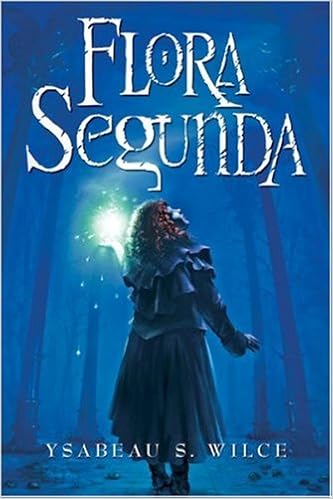Kitto surged towards him, held back by the guards, King George’s granddaughter scowled, and Napoleon looked on. ‘My word,’ Crow said to his brother in Cornish, ‘you do seem to find yourself in some compromising situations, don’t you?’ [loc. 4029]
Sequel to False Lights, by K J Whittaker, though you wouldn't know it since that is now only available as Hester and Crow by Katy Moran. This novel is tagged as 'sexy, thrilling, swashbuckling Regency romance with a twist', which is misleading on so many levels: the 'sex scenes' are almost all abusive and non-sexy; there is no Regency, and the English throne is empty; the 'romance' really took place in the previous book, and the 'twist' is on the very first page of the novel, where the author describes 'a period of history that never happened'. ("Several years after Napoleon defeated the Duke of Wellington at the Battle of Waterloo, the French Occupation has at last been expelled from Britain. The country is on the brink of revolution – and the English throne is still empty.")
I will grant them 'thrilling' and 'swashbuckling', though. Jack Crowlas, Lord Lamorna, is the archetypal dark, passionate hero, resisting the treasonous enthusiasms of his fellow Cornishmen; his Black wife, Hester, hides fury behind her smiles, and is every bit as capable as her husband of manipulation, intrigue and violence. Crow and Hester are united in their desire to protect their daughter Morwenna: meanwhile, Crow's younger brother Kitto, still only sixteen, has been mentioned in despatches and is on a delicate mission to St Petersburg, to locate a missing heiress and bring her home to England to assume the throne. Unfortunately, the young lady in question is less than enthusiastic about the prospect.














